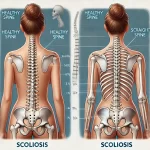
The liver is one of the most important organs in our body, responsible for a wide range of functions that are essential to maintaining good health. From filtering toxins out of our blood to producing vital proteins and enzymes, the liver plays a critical role in keeping us alive and well.
In this blog post, we will take an in-depth look at the liver and its functions, exploring everything from how it works to what can go wrong when it malfunctions. By the end of this article, you should have a better understanding of this vital organ and why it’s so important to keep it healthy.
The liver is a large, reddish-brown organ located on the right side of your abdomen, just below your diaphragm. It weighs around 3 pounds and is roughly the size of a football. The liver is divided into two main lobes, each of which is made up of smaller lobules.
The liver is unique among our organs in that it has remarkable regenerative abilities. If part of the liver is damaged or removed, the remaining tissue can grow back and restore full function within a matter of weeks.
The liver performs many different functions, all of which are essential to maintaining good health. Some of these functions include:
While some liver conditions are unavoidable, there are many things you can do to reduce your risk of developing liver damage. Here are some tips for keeping your liver healthy:





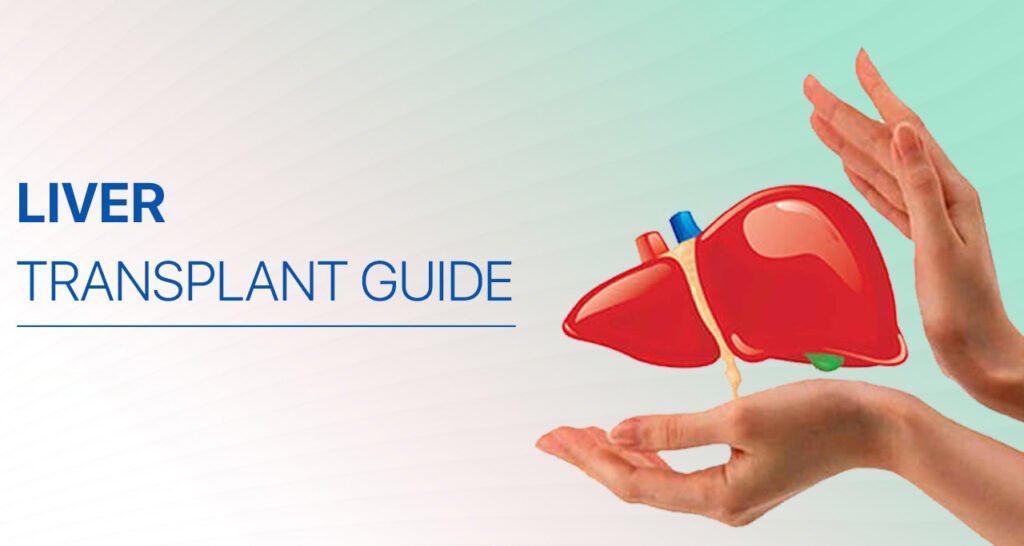
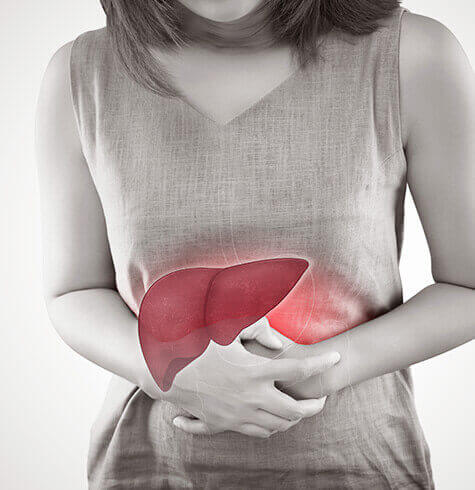

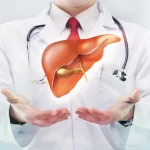

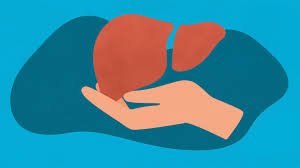
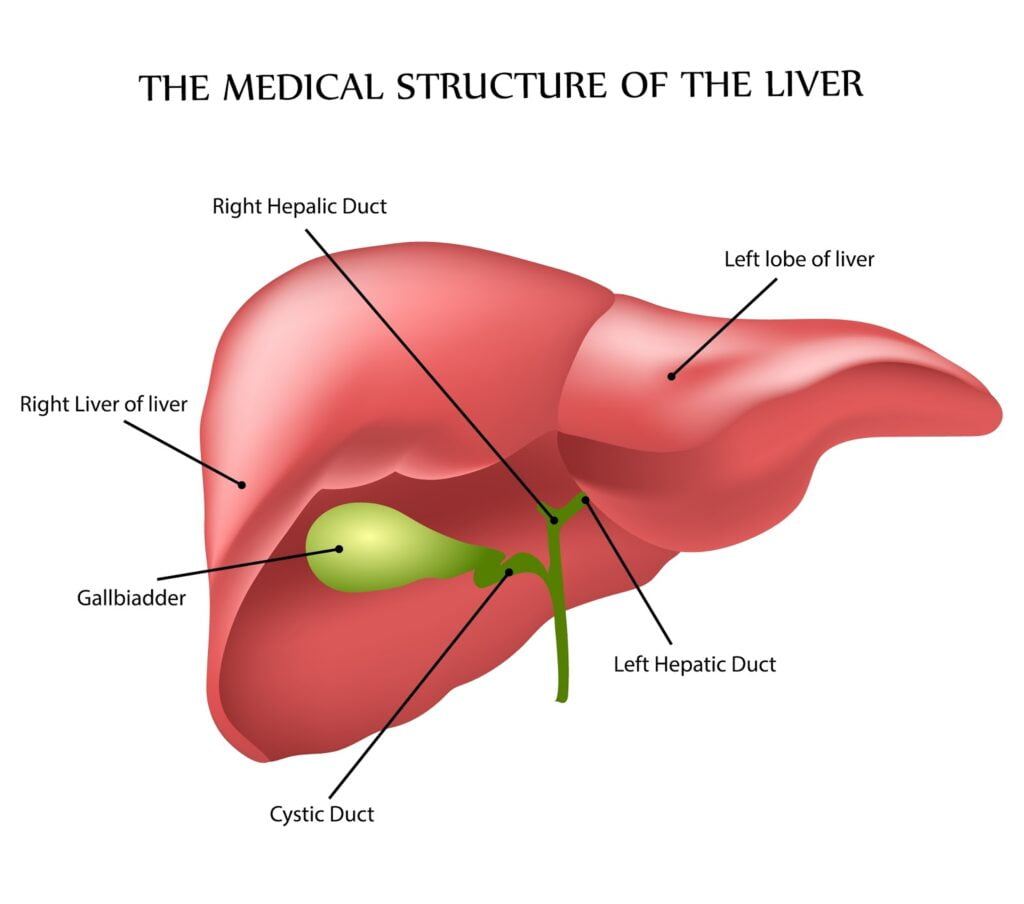
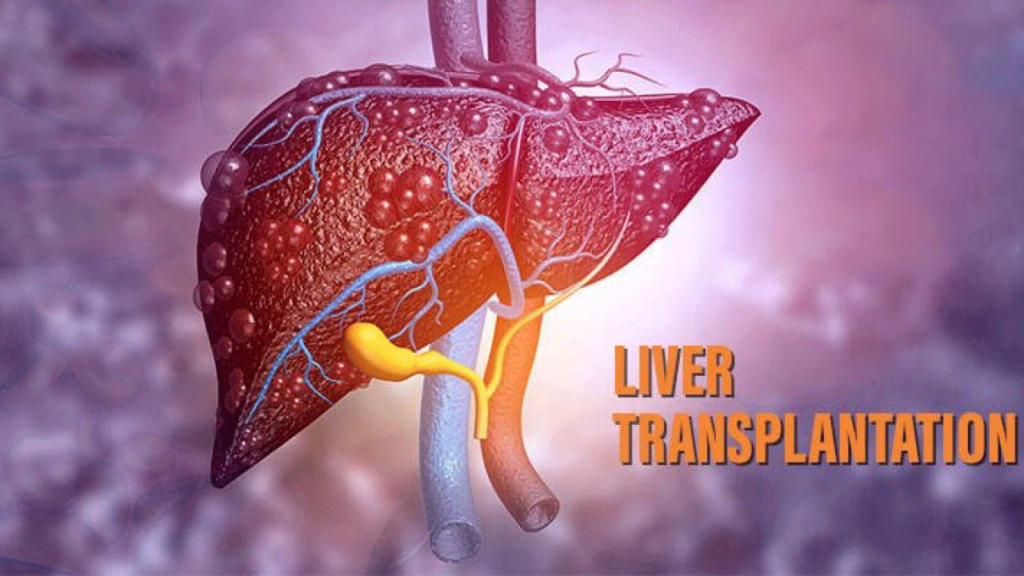


Indian Health Adviser (IHA) is a healthcare facilitator seeking to make health and wellness easier for people of international residents, their families, and their friends.
Designed by Acmeinfolabs